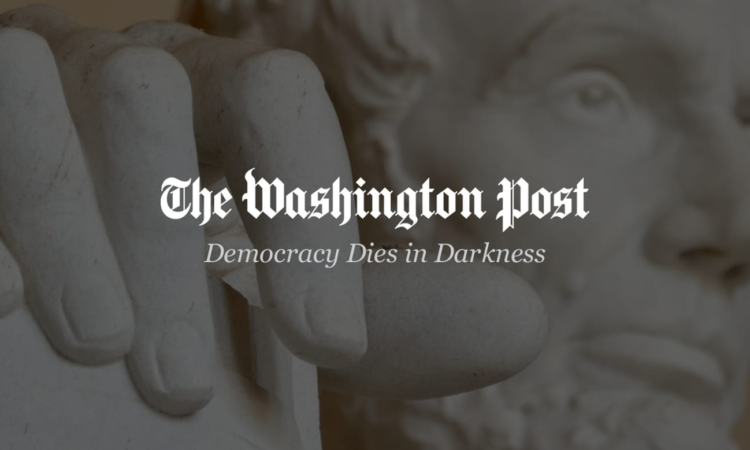
Firing off a big speech to make up for past big speeches is, of course, pure Macron. This one is worth heeding, though: Beyond the message sent to Putin that Ukraine is part of the EU’s future, Macron’s mea culpa has wider aims. It extends a hand to Eastern and Baltic states that have viewed Paris as an unreliable security partner, building more bridges inside the EU at a time when recession is now adding to Germany’s headaches. And with US politicians seemingly more focused on China than Ukraine, Macron clearly sees a chance to elbow his way into a leadership role.
“This was a necessary step to take, a way to tell France’s allies that we understand, we’ve made mistakes,” says Camille Grand, former senior NATO official and currently at the European Council on Foreign Relations, who flagged an upcoming NATO summit in Vilnius as the next milestone. “The question now is whether Macron can keep getting the message across in the months to come.”
Yet this is where the challenges begin.
On EU enlargement, there is no real consensus on exactly how to reform a process that has lost credibility among member states — including France. While the EU’s post-Cold War eastward expansion is seen as an economic success, it has failed to stop a populist “illiberal wave” in the region and has created new obstacles to decision-making and integration. Ideas are floating around over how to solve the nightmare of required unanimous voting and how to make the membership process more gradual, such as offering more bite-size rewards for reforms such as single-market access. But even this is likely to stir resistance — in Poland, for instance, farmers have protested an influx of cheap grain from neighboring war-torn Ukraine.
Another is the US. While the French president is keen to point out his ambitions for European defense are not designed to compete with NATO commitments, he is still pushing for self-reliance in a number of areas: “Build European, buy European, innovate European.” While highlighting France’s glide path to hitting NATO defense spending targets of 2% of gross domestic product, Macron also berated fellow EU countries that have chosen to “massively” buy non-European (ie, American) weapons. That’s fair enough, but it’s a lonely hill to die on: Even if the EU takes steps toward new initiatives like common ammunition procurement, it’s hardly a cry being taken up by many member states. Macron is right to warn that reliance on the US may look unwise if the next election brings Donald Trump back to the White House, but few seem to be listening — Poland’s Mateusz Morawiecki has said Republicans cooling on support for Kyiv are simply playing a “poker game.”
And perhaps the biggest challenge ahead is strategic vision. Poland’s Morawiecki gave a speech in March setting out his own distinctly un-Macronian vision for Europe, pitting the people against elites and bashing Brussels for meddling in issues like rule of law. That lingering echo of Brexit-style resistance against a European “super-state” doesn’t bode well for deeper integration. And, closer to home for Macron, German Chancellor Olaf Scholz last month also laid out the groundwork for an enlarged bloc — but gave short shrift to Macronian preoccupations of sovereignty and made no mention of the Macron-led 44-country European Political Community. Macron has apologized for not listening to his allies, but are they any more ready to listen to him?
Macron is right to try a new approach, and the gospel of a more self-reliant Europe is worth preaching. But even a message as simple and popular as supporting Ukraine may not be enough to truly galvanize Europe or propel Macron’s agenda forward. If Paris fails to back up words with action or real diplomatic investment — which wouldn’t be the first time — this may not be the last mea culpa Macron offers his partners.
More From Bloomberg Opinion:
• France’s Economy Is Great. Macron Is Doomed: Lionel Laurent
• The Xi-Macron Summit’s Unexpected Payoff: James Stavridis
• Ukraine’s Survival May Be Decided by the GOP: Andreas Kluth
This column does not necessarily reflect the opinion of the editorial board or Bloomberg LP and its owners.
Lionel Laurent is a Bloomberg Opinion columnist covering digital currencies, the European Union and France. Previously, he was a reporter for Reuters and Forbes.
More stories like this are available on bloomberg.com/opinion



